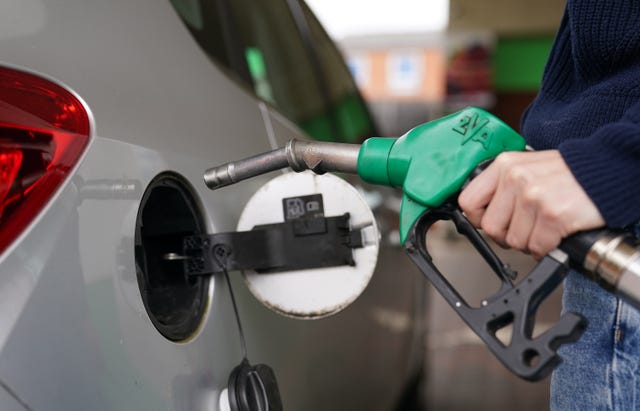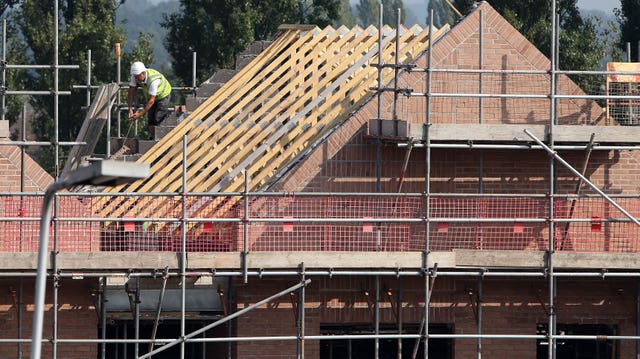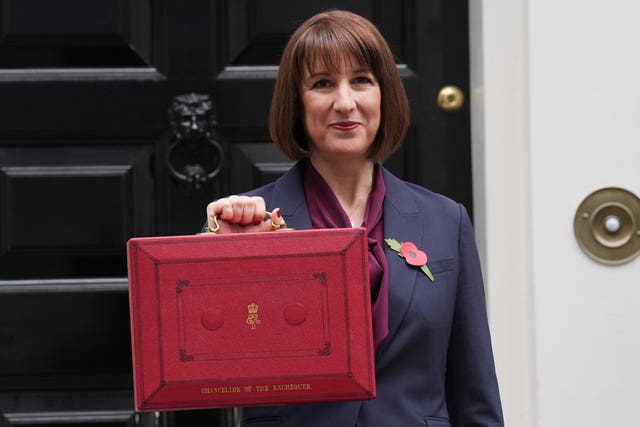Rachel Reeves’s first Budget raised taxes by £40 billion but also offered a boost to spending as she promised to “restore stability” and “protect working people”.
Most of the measures had been trailed heavily in advance, including increases to employers’ national insurance contributions and a change to debt rules to allow the Government to borrow more money.
The Budget saw Labour attempt to set out a path for improving public services – especially schools and the NHS – with greater spending over the next five years, something the party sees as vital to securing re-election.
But the Chancellor was also keen to stress her commitment to fiscal responsibility and the promises her party made during the election on taxes for “working people”.
– Tax
As expected, employers’ national insurance contributions will rise by 1.2 percentage points to 15%, and the threshold for paying them will be cut almost in half.
Other increases included changes to capital gains tax, a flat tax on vape liquid and – as promised in the manifesto – imposing VAT on private school fees and abolishing the non-dom tax regime.
But despite pre-Budget speculation, the Chancellor chose to maintain the fuel duty freeze for another year and end the freeze on income tax and national insurance thresholds in 2028 as planned.

For instance, she argued any extension to the freeze on tax thresholds would “take more money out of [working people’s] payslips” and ending the fuel duty freeze would be “the wrong choice for working people”.
– Borrowing
Ms Reeves confirmed planned changes to the Government’s debt target designed to allow for more borrowing to boost public investment, which Labour sees as necessary to increase growth.
But the move has not created as much headroom as expected, with changes to forecasts meaning the Government can only borrow £20 billion more than previously rather than the £53 billion previously suggested.
The Chancellor announced what she called the biggest real-terms increase in day-to-day NHS spending since 2010, outside the Covid pandemic, providing £22.6 billion for the health service along with another £3.1 billion of capital investment.
Ms Reeves said this extra investment, and the reform that she insisted would go with it, meant the Government could deliver on its promise to cut waiting lists from the record highs of recent years.
– Schools
The other big winner from the Budget in terms of spending decisions was the schools budget, which saw a £2.3 billion increase intended to pay for thousands more teachers in key subjects.
Referring to her own experience being taught in “prefab huts” at secondary school in the 1990s, Ms Reeves also awarded the Department for Education £6.7 billion for capital spending, including £1.4 billion to rebuild the 500 schools “in greatest need”.
– Housing
The Chancellor announced more than £5 billion of investment in housebuilding next year, including £3.1 billion for the Affordable Homes Programme, and investment for sites in Liverpool and Cambridge.

– Transport
Ms Reeves confirmed that the Government would provide funding to begin tunnelling work that will bring HS2 to Euston, but did not commit to delivering the line north of Birmingham despite some speculation that this would be included in the Budget.
There was, however, more money for a series of rail projects elsewhere in the country, including upgrading the TransPennine line and delivering the long-planned Oxford-Cambridge rail link.

Local government and defence are both in line for increases in spending, while the Chancellor announced funding for crackdowns on tax evasion and welfare fraud.
Meanwhile, the Home Office budget is expected to fall next year as the Government hopes to make savings on the asylum hotel budget by reducing the backlog of asylum applications.
The Government will also set aside £11.8 billion for victims of the infected blood scandal and £1.8 billion for those affected by the Post Office Horizon scandal.






